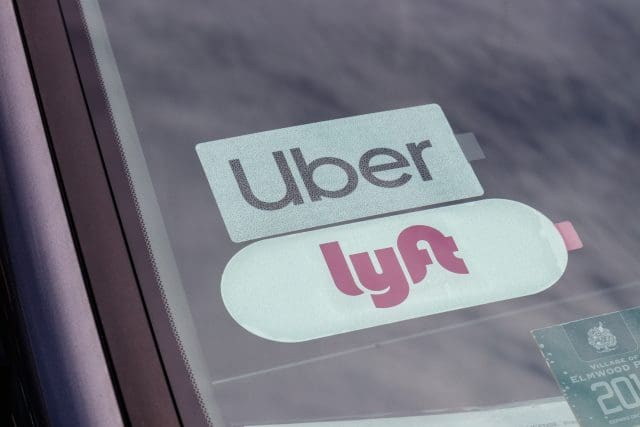Ride-hailing app Lyft is taking on rival Uber by moving into the UK and European markets.
The San Francisco-based tech company has confirmed that it has bought the Freenow ride-hailing business from BMW and Merecedes for £146 million.
The Financial Times reports that the move suits all parties, with Lyft looking to expand into the taxi market, and the German car makers wanting to leave the ride-hailing and car rental operations they launched 10 years ago.
Expanding
The FT reports that after its first full year of net profits, Lyft is ready to expand beyond North America.
Chief executive David Risher said: “Yesterday, the company just wasn’t ready, but we’re financially very strong now … we’ve been putting a lot of the basics in place so that we can now build on top of that.”
The FT believes that Lyft’s $4.55 billion value, compared to Uber’s $155 billion tag, is expected to grow with the cash acquisition of FreeNow due to be finalised in the second half of this year with a combined business of more than 50 million annual riders in 150 cities across Europe.
In addition to private-hire bookings, which can only be pre-booked under private hire insurance, Lyft will also be able to harness Freenow’s taxi business, which includes London’s iconic black cabs that can be hailed in the street or at a taxi rank. The taxi model is thought to bring in 6.3 million passengers and the majority of its revenue with taxis in Europe tend to having slightly higher average fares than ridesharing apps, according to FreeNow boss Thomas Zimmermann.
Mr Risher said: “We are thinking long term about this. Long term, I think we have good reason to believe that there will be great transatlantic partnerships of all kinds. We are embracing FreeNow’s taxi-first business model.”
The FT reports that FreeNow has broken even since the middle of last year and posted gross bookings of more than £840 million in 2024 and has continued to see revenue grow.
Challenger
Mr Risher made it clear that the company sees itself as a rival to Uber. He told IOT World Today: “We’re on an ambitious path to build the best, most customer-obsessed mobility platform in the world, and entering Europe is an important step in our growth journey.
“We found the perfect partner in Freenow and can learn a lot from the team. Freenow’s local-first approach mirrors Lyft’s values and embodies our purpose — to serve and connect.”
Unlike Uber, neither Freenow nor Lyft are chomping at the bit to unleash autonomous vehicles on to the streets.
Mr Bird said: “Adding cars to our platform — whether they’re driven by humans or AVs — improves arrival times and creates a better rider experience. That gets people to take more rides, creating more opportunities for drivers. It’s a virtuous circle and it’s as close to an economic law as exists in the rideshare industry.”
In a statement, BMW and Mercedes-Benz Mobility said after being “pioneers in the development of digital mobility services”, they would now “continue to focus on their core operations and their transformational development to electrification, digitalisation and AI as well as decarbonisation”.




